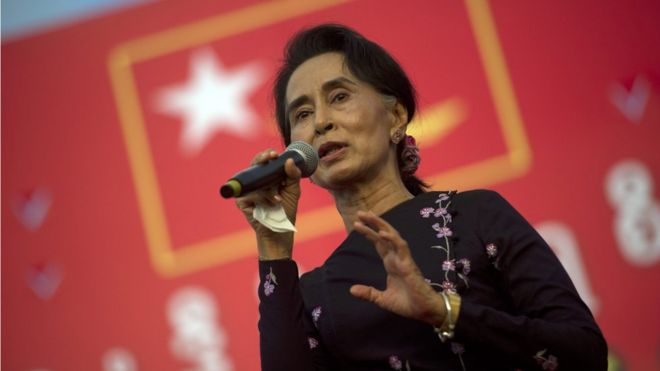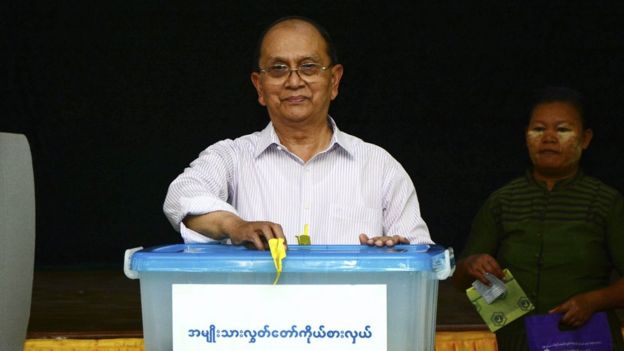By Samuel Miller
Impunity Watch Desk Reporter, North America and Oceania
WASHINGTON, D.C., United States of America — A growing number of U.S. Governors are refusing to admit Syrian refugees, citing security concerns highlighted by the terrorist attacks in Paris. Leading Republican presidential candidates called on President Barack Obama to suspend the plan to accept 10,000 Syrian refugees in the coming year.
The governors are responding to heightened concerns that terrorists might use the refugees as cover to sneak across borders.
As of Monday, the governors of the following states have either expressed hesitation or outright refusal to accept Syrian refugees within their borders: Alabama, Arizona, Arkansas, Florida, Georgia, Idaho, Illinois, Indiana, Kansas, Louisiana, Mississippi, Maine, Massachusetts, Nebraska, New Hampshire, North Carolina, Ohio, Oklahoma, Tennessee, Texas and Wisconsin.
For example, Louisiana Governor and 2016 Republican Presidential Candidate Bobby Jindal declared over Twitter, “I just signed an Executive Order instructing state agencies to take all available steps to stop the relocation of Syrian refugees to LA.”
Chief among the concerns shared by these governors, and indeed many of those involved, including members of the State Department and the Department of Homeland Security, have revolved around the difficulty, if not the impossibility, of properly screening and vetting the Syrian refugees. Indeed, because of the Syrian conflict, many of these refugees have little or no documentation records.
Lavinia Limon, president and CEO of the U.S. Committee for Refugees and Immigration, has said under the Refugee Act of 1980, governors cannot legally block refugees from settling in their communities.
Several governors acknowledged that they do not have the ability to stop the federal government from accepting and financing the resettlement of refugees to the United States. They too have sought reassurances that the process used to screen refugees is adequate and thorough.
As the list of states blocking refugees grows, the state of Delaware announced that it plans to accept refugees.
Governor Jack Markell said in a statement, “It is unfortunate that anyone would use the tragic events in Paris to send a message that we do not understand the plight of these refugees, ignoring the fact that the people we are talking about are fleeing the perpetrators of terror.”
Along with Delaware, governors from the following states have stated they will accept Syrian Refugees: Colorado, Pennsylvania, Vermont, and Washington.
According to the Obama administration, which has stated that it hopes to resettle at least 10,000 Syrian refugees, more than 180 cities and towns have expressed willingness to accept refugees. The U.S. has resettled about 1,800 refugees from Syria so far in 2015, according to statistics compiled by the State Department.
Millions of Syrians have fled to neighboring Middle Eastern countries and Europe, and President Obama’s administration has pledged to accept about 10,000 Syrian refugees in the next 12 months. The U.S. State Department said the refugees would be spread across the country.
For more information, please see:
ABC News — Wary Governors Halt, Question Plan to Accept Syrian Refugees – 16 November 2015
CNN — Syrian refugees not welcome here, governors of 16 states say – 16 November 2015
Reuters — U.S. Republicans seek to shut door on Syrian refugees after Paris – 16 November 2015
Time — Governors Vow to Block Syrian Refugees After Paris Attacks – 16 November 2015
USA Today — After attacks in Paris, governors refuse to accept Syrian refugees – 16 November 2015
Washington Post — Governors rush to slam door on Syrian refugees – 16 November 2015


